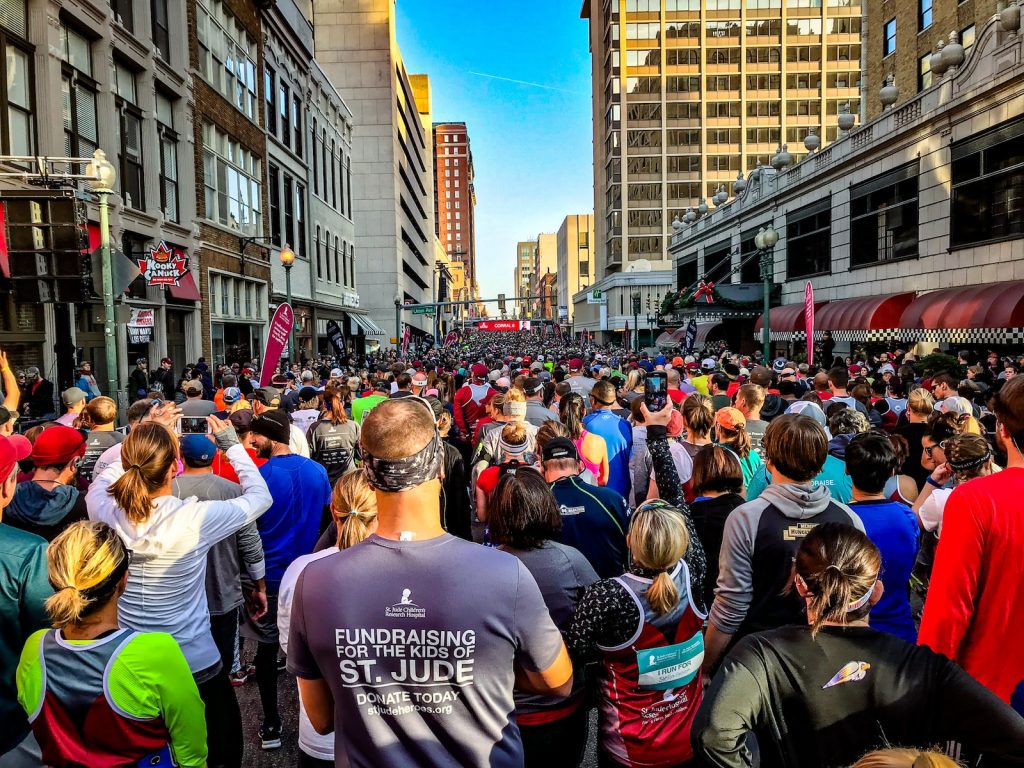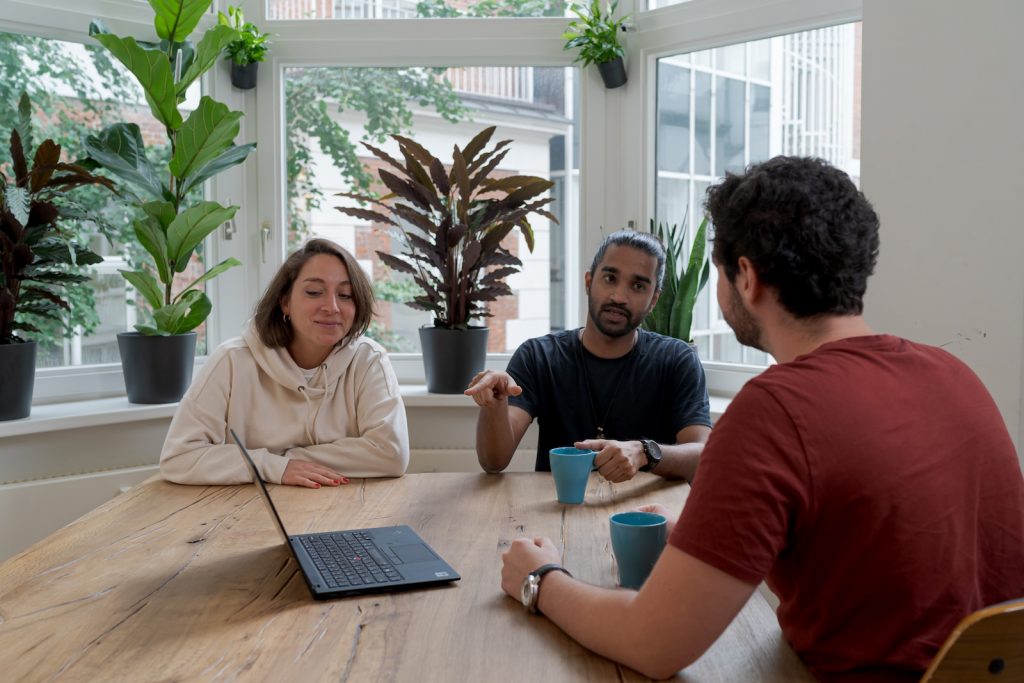There’s a certain magic to weaving words together in just the right way – an art, really – and when it comes to writing a winning grant proposal, it’s that artistic flair that can make all the difference. Picture this: you’re a talented painter, but instead of a canvas, you have a document. Your brushes? Your words and ideas. Your paint? Passion and purpose. Now, let’s dive into the process of creating your masterpiece.
1. Understanding the Basics
Before you put your brush to the canvas, you need to know what you’re working with. Grant proposals aren’t about winging it – you need to understand your audience, your medium, and your message.
1.1. What is a Grant Proposal?
A grant proposal is essentially a detailed game plan that outlines your project’s goals, how you plan to achieve them, and how funding will assist. Does it sound simple? If only. Like any great work of art, it requires a careful balance of planning, execution, and creativity.
2. Preliminary Research: Know your Audience
Remember the old adage “Know thyself”? Well, in the world of grant proposals, it’s more like “Know thy audience”.
2.1. Who is Your Funder?
Before you start writing, you need to know who you’re writing for. Funders aren’t a monolith; what one funder finds compelling, another may find irrelevant.
2.2. Funder’s Interest
Dig deep. What projects have they funded in the past? What’s their mission statement? This research will help you tailor your proposal to match their interests and goals.
3. The Building Blocks of a Proposal
Now that you’ve set your canvas and palette, let’s discuss the elements that will give your proposal structure and depth.
3.1. Executive Summary
The executive summary is your pitch, your hook, your enticing appetizer. Keep it clear, concise, and compelling.
3.2. Goals and Objectives
The goals and objectives are your proposal’s backbone. They demonstrate what you aim to achieve with your project.
3.3. Methods and Approach
This section is the heart of your proposal, detailing how you intend to achieve your objectives.
3.4. Budget
Ah, the budget – the practical element that brings your lofty ideas back down to earth. Here, you’ll detail how you plan to use the grant funds.
4. Writing Your Masterpiece
Your canvas is prepared; your palette is ready. Now comes the fun part: creating your masterpiece.
4.1. Clear, Compelling Narrative
A dry, robotic tone won’t engage your readers. Instead, use a conversational, human tone.
4.2. Precision and Clarity
Be specific and avoid jargon. Remember, a picture is worth a thousand words, so paint a vivid picture with your narrative.
4.3. The Power of Storytelling
Stories engage readers. Incorporate real-life stories to drive home the importance of your project.
5. Review and Polish
Every great artist knows their work is never complete without a final touch-up. The same goes for your proposal.
5.1. Proofreading
Proofreading is your final chance to catch errors, inconsistencies, or awkward phrasings.
5.2. Peer Review
A fresh set of eyes can spot things you may have overlooked. Consider having a colleague review your proposal.
And there you have it – The Art of Writing a Winning Grant Proposal. This process, while often challenging, can yield a powerful tool to help your project come to life. And remember, as with any art form, practice makes perfect.
FAQs
- What makes a grant proposal successful? A successful grant proposal is well-researched, concise, compelling, and tailored to the funder’s interests.
- How long should a grant proposal be? The length can vary depending on the funder’s guidelines, but clarity and brevity are always appreciated.
- How detailed should the budget section be? It should be detailed enough to show that you’ve thought through all aspects of the project and know exactly how you’ll allocate the funds.
- Can I use a template for my grant proposal? A template can be a good starting point, but each proposal should be tailored to the specific funder and project.
- Is it okay to use jargon in my proposal? It’s best to avoid jargon whenever possible. Keep your proposal clear, precise, and easily understandable.
References
Please refer to the following resources for additional information:




